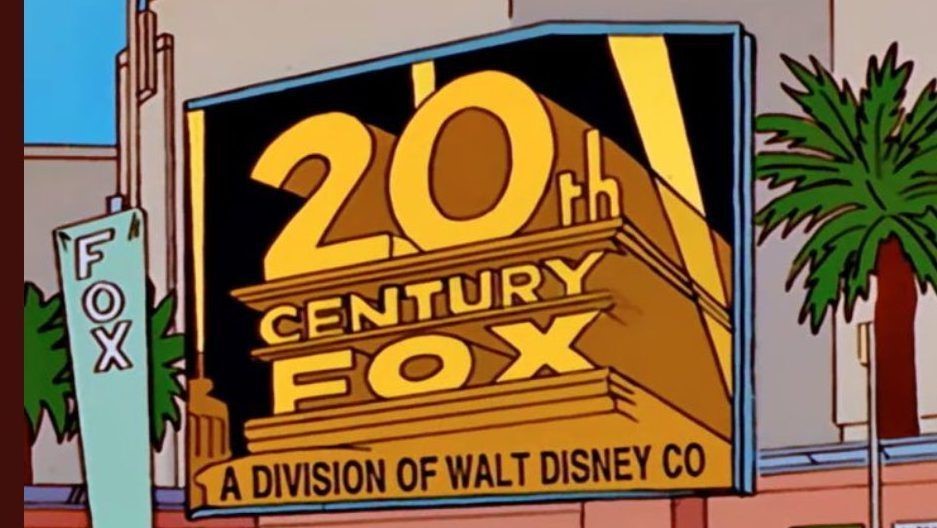EDITOR’S NOTE: As a busy college student, Drew’s time has been limited for movie viewing, but he’s always keeping his eye on the “business” side of Hollywood as well. Here’s his “review” of the recent Disney-Fox merger, in two parts.

By Andrew Jenck
Last week marked one of the biggest changes in the Hollywood landscape in which the Walt Disney Company purchased 20th Century Fox. Now two of the five major studios are owned by one company, bound to have serious implications on filmmaking and the industry’s economy and…just about everyone is excited for the prospect of the X-Men teaming up with the Avengers. Now, I get how this deal may seem appealing on the surface level. The X-Men film franchise is a mess: the continuity is convoluted; it focused too heavily on certain characters and sidelined others, the quality of films was inconsistent; and just when Days of Future Past set up the series to go to new places, it slumped back to the same old shtick with Apocalypse. I do think there was a lot of merit to the Fox franchise, but I get why people want to see such a crossover.
However, I feel many aren’t considering the long-term implications this merger has on the industry as a whole. It’s no secret that Disney has become increasingly reliant on its nostalgic properties and recent acquisitions to essentially dominate the box office. To do so, they not only keep regurgitating many of the same stories, formulas, and ideas, but pressure theaters to bend over backwards solely for its benefit. Theaters not only give a larger portion of its receipts to Disney than what other studios demand, but also to have its films take up more screens, and screen in IMAX for a longer period. Single screened and twin cinemas must now keep the same movie at minimum for three weeks. This three-weeks-time-period is crucial, as that tends to be the amount of time between Disney distributes a new film. Don’t believe me? How long of a stretch do we see only Disney, Pixar, and Marvel films grace the Coliseum over the spring and summer? Exactly.
Fox is home to many historic franchises, including The Simpsons, Alien, and Die Hard, so with more of these high profile franchises at Disney disposal, Disney will now have more control over both theater chains and movie release schedules that will result in theaters dealing with a less-than-ideal business model and less competition among the industry. Less competition means less desire for innovation, meaning that many smaller profile directors will have a harder time to push their original ideas. The major studios, by contrast, will exploit their IPs to attempt to counter Disney, so again, less originality and innovation. Worse yet, Disney will have a more crowded schedule to deal with, so Fox will be releasing less films; less films means less employees needed. At least 4,000 people were put out of work immediately following the merger, and that number may even increase to 10,000 over the long-term. Disney has already shut down one of Fox’s divisions, Fox 2000.
Competition was actually beneficial to both the X-Men and MCU franchises. Marvel created its own series of films in large part due to the success. Marvel not having access to its most popular characters actually served as a blessing in disguise, forcing Marvel to rely on their lesser-known characters to the point where once B, C, and D-list heroes are now A-list heroes. The more mainstream MCU also forced Fox to experiment with its franchise by having the more out-of-the-ordinary entries. Deadpool was an R-rated, raunchy comedy that would’ve never been considered by Marvel. Similarly, Logan was a hard R but also more grounded, emotional, and cinematic grace than any of the other MCU films that served as proper closure that wouldn’t have fit in Marvel’s long-term storytelling. Competition matters.
I know many of my readers will most likely feel sorry for those struggling in Hollywood because of this deal, but at the end of the day, they just want a thrilling blockbuster. There’s nothing to worry about personally right? Well, if you are a consumer of any prerecorded entertainment, you should be, and we’ll discuss that in Part 2.


